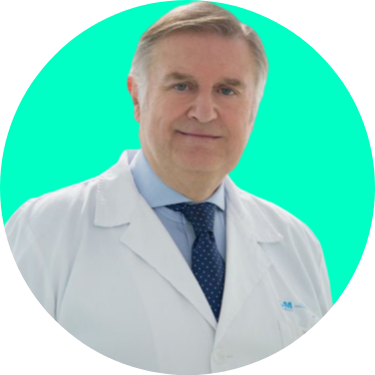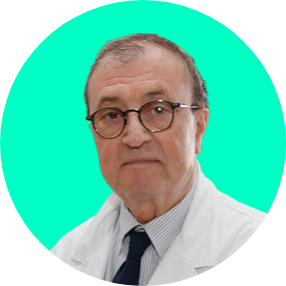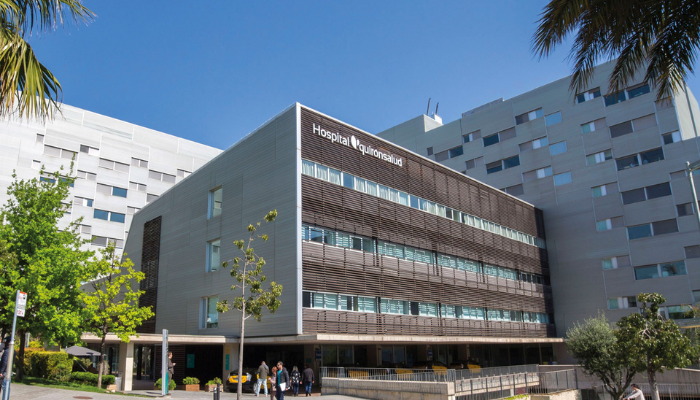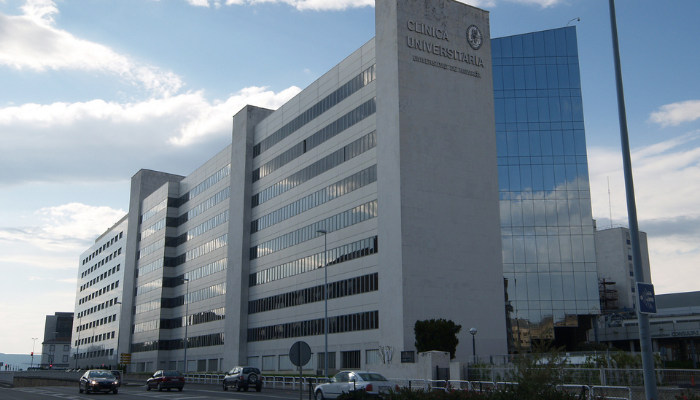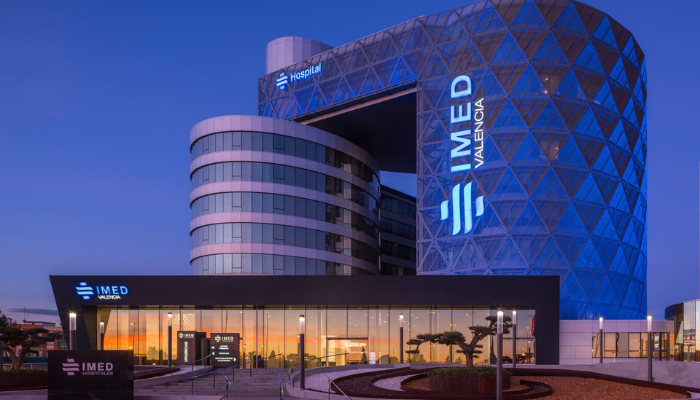Stomach Cancer Surgery
Stomach Cancer Surgery consists of removing the cancer, nearby lymph nodes and part of the stomach, always depending on the severity of the disease and trying to leave the stomach as normal as possible. Therefore, the diagnosis will be key to determine the type of treatment to be carried out.
Stomach Cancer Surgery in Spain
This surgery is very well known, so depending on the place where the cancer is, it can be treated with one technique or another. Different techniques are applied depending on the connection of the tumour between the oesophagus and the stomach.
If you currently require this type of surgery, do not hesitate to speak to our medical committee. They will evaluate your case and propose an immediate solution.
Can we help you?
In a few moments, one of our specialists will contact you.

